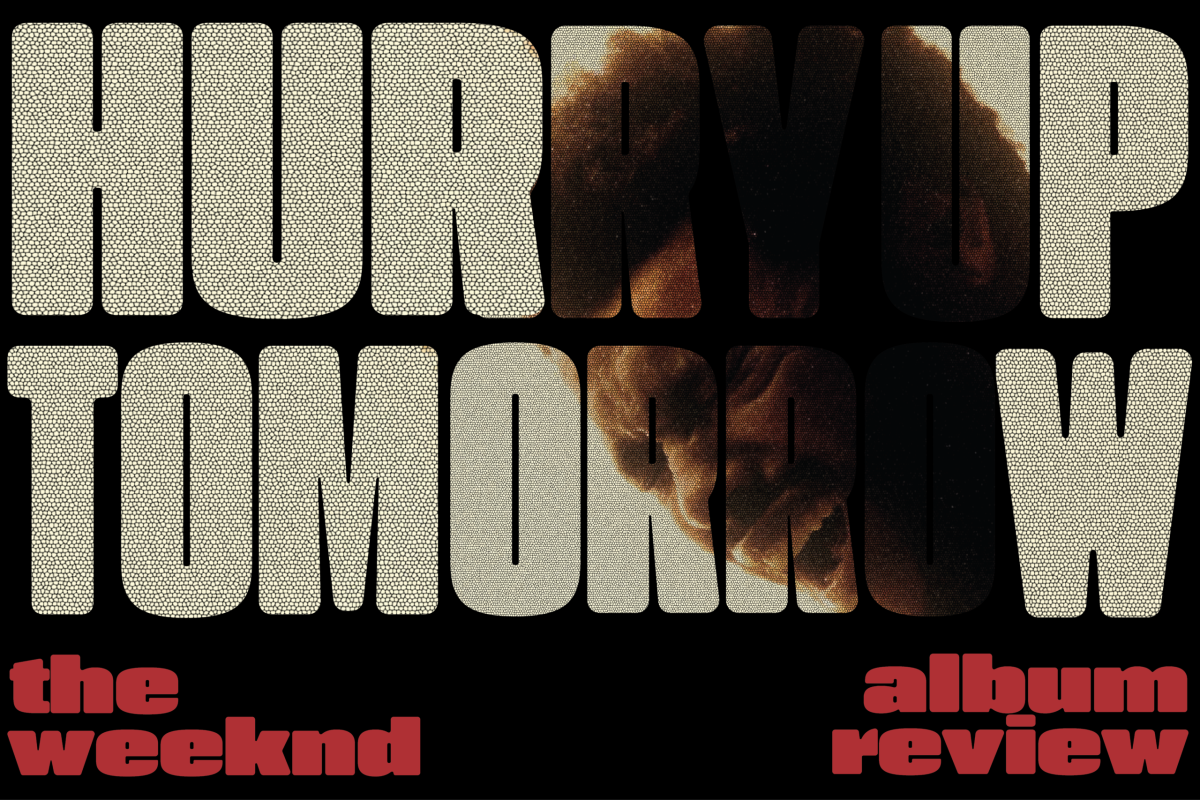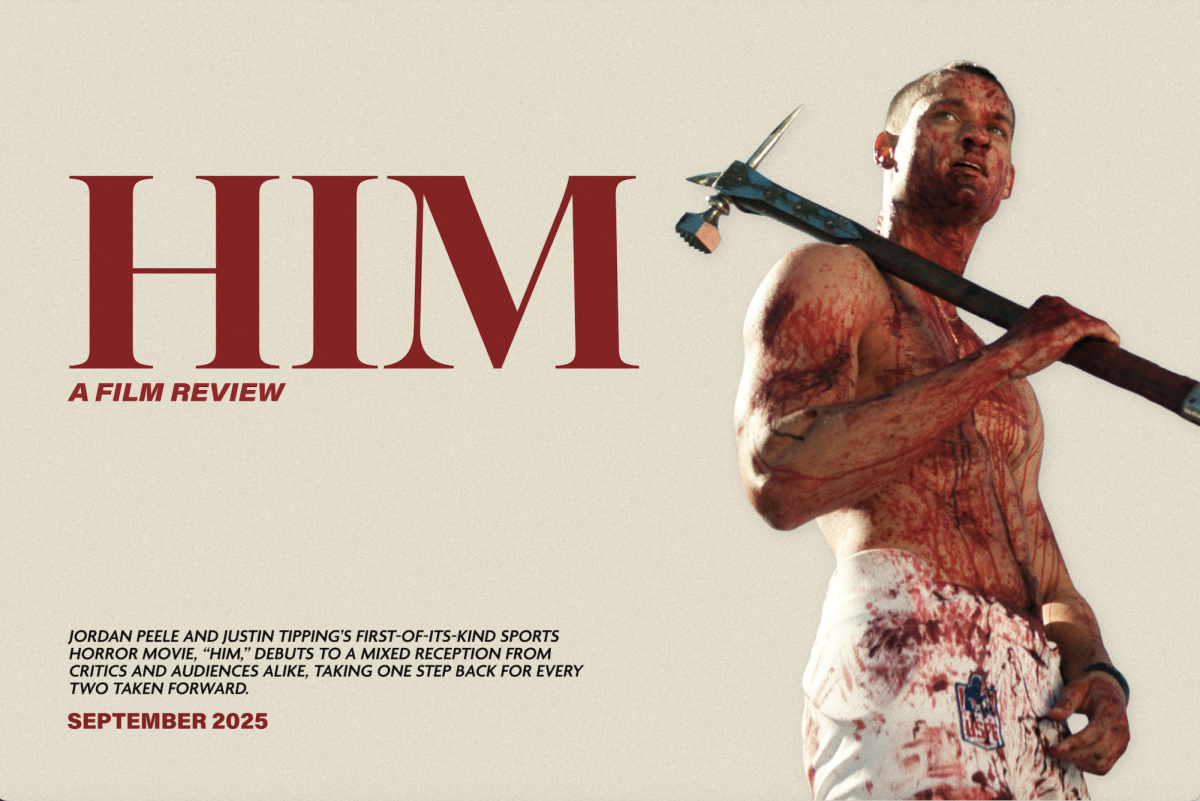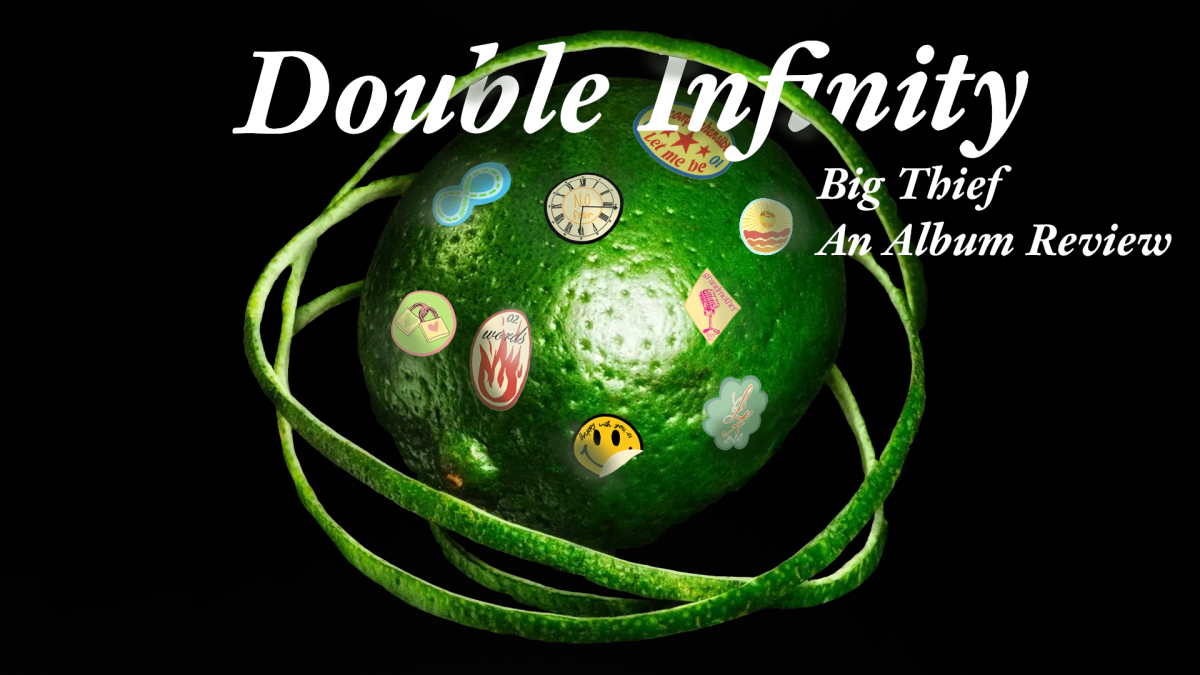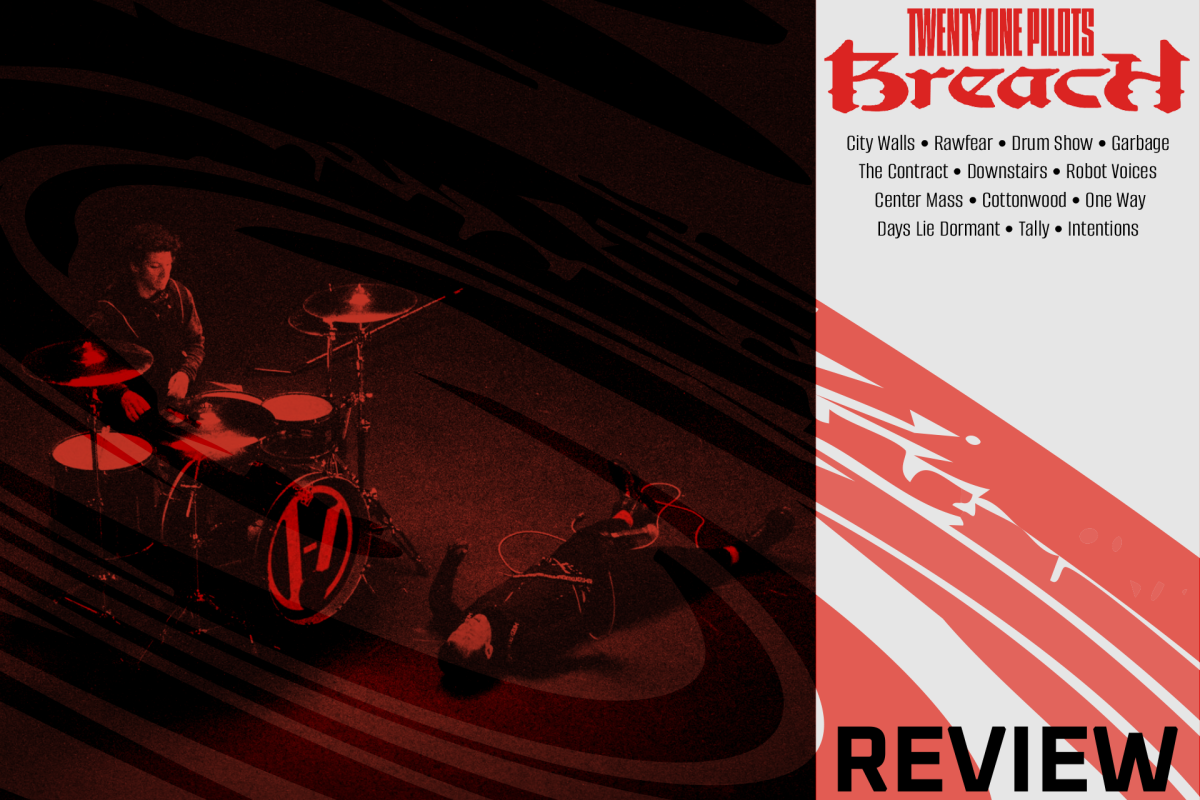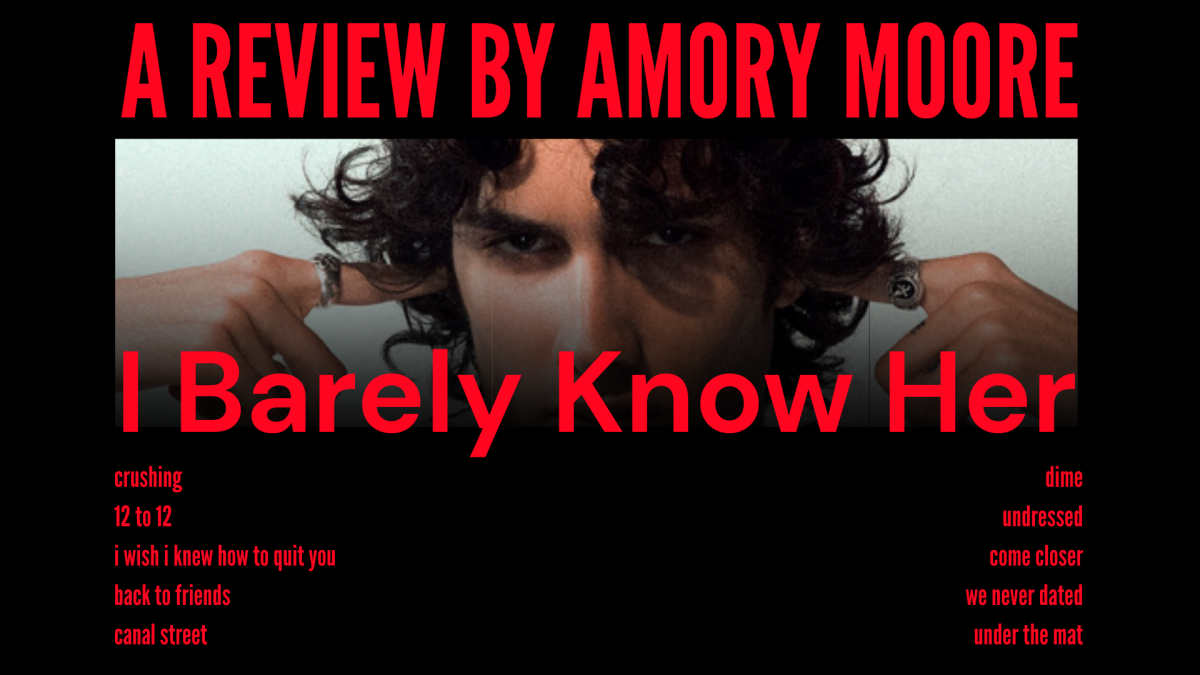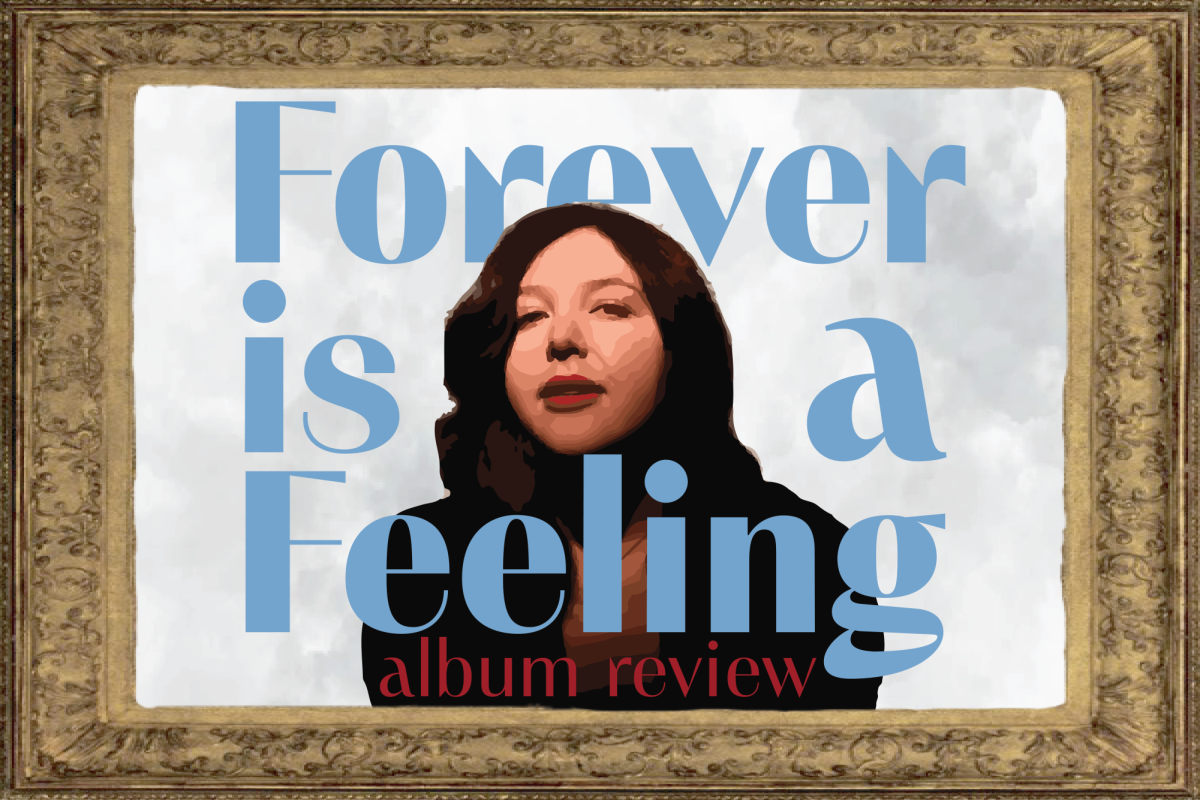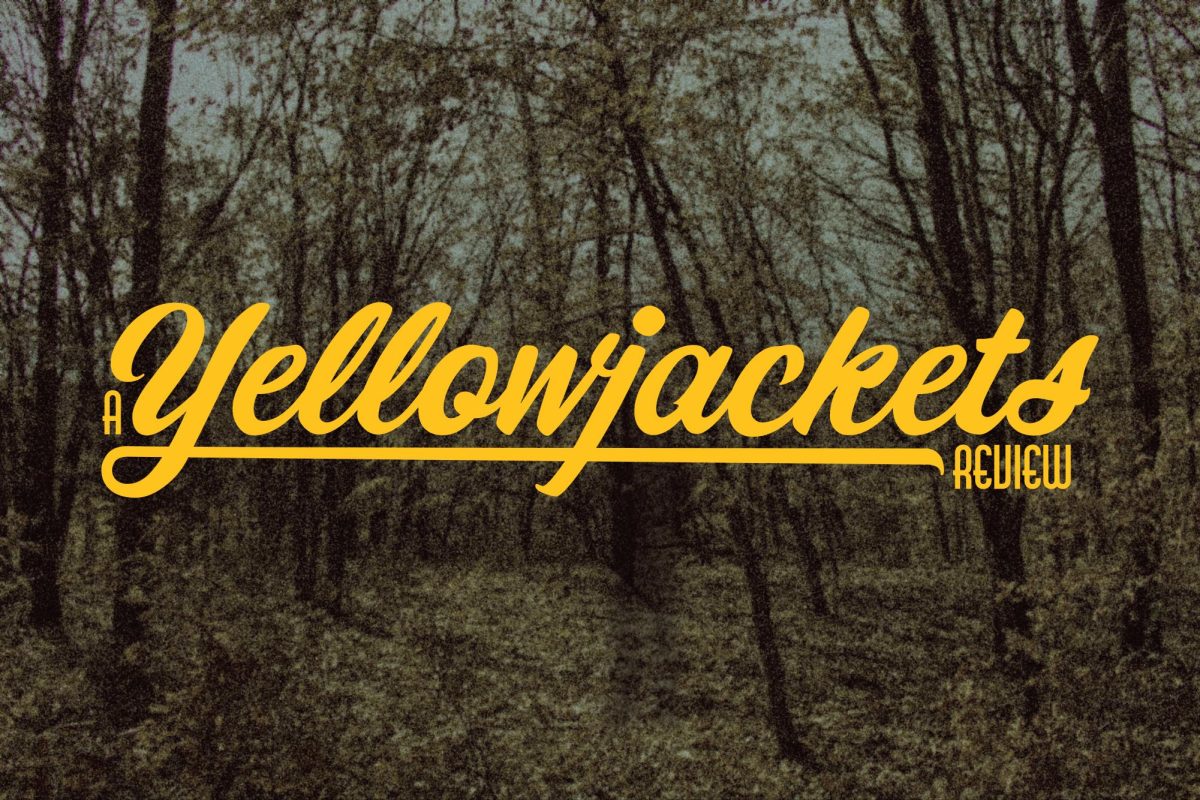The Weeknd closes with a bang on his final album under the iconic moniker in a cinematic but satisfying way
The Weeknd released “Hurry Up Tomorrow” on Jan. 31, marking the finale of his most recent trilogy of “After Hours” and “Dawn FM,” as well as being Abel Tesfaye’s final album under the moniker “The Weeknd.”
The record lived up to the expectations for his final album, covering multiple different genres and delving into the character of “The Weeknd” trying to be a better person.
Although its presentation is cinematic and has larger-than-life production, some moments feel underwhelming. Despite this, the album is still a satisfying conclusion to his career as his alter ego, “The Weeknd.”
The first song, “Wake Me Up,” is an excellent introduction. Its buildup from quiet and soft synths to loud and bombastic sounds perfectly shows the cinematic approach to the album. The beat switch is a standout, sounding like a song straight off of Michael Jackson’s “Thriller.”
The next track, “Cry For Me,” makes for a good follow up track. It incorporates an Afrobeat-inspired trap sound and a dynamic beat switch, made by “Ric Flair Drip” producer Metro Boomin.
Then “Open Hearts,” feels like a lesser version of one of his previous hits, “Blinding Lights,” with its automatic hit potential and anthemic vocals. The production feels lush and nocturnal giving it a similar identity to “Blinding Lights.”
While the song “Drive” feels airy and is perfect for the story of the album, it doesn’t do anything special to differentiate it from the other synth-pop tracks. Despite that, the synth-pop songs do a great job at being equally as nostalgic and authentic to the ‘80s era that they’re imitating.
Compared to the two previous albums in this trilogy, there were more varied musical styles in the newest. One of my favorite examples of this is the song “São Paulo,” inspired by Brazilian funk music in its sounds and rhythms. The distorted synths sound like a phonk song and the constant beat switches and the scattered vocal samples from Brazilian singer Anitta bring life into the song.
The songs “Niagara Falls” and “Timeless” are both trap soul songs that are reminiscent of different eras. “Niagara Falls” has nocturnal synths that have heavy 2010s nostalgia with its pitched up vocals and nocturnal bass, in contrast to “Timeless” with its futuristic and dreamy synths that give off a perfect modern 2020s trap style.
The Weeknd dives into more mellow and textured songs. Despite “Enjoy The Show” having very slow pacing and Future’s less-than-stellar singing, it has lush keys and sound effects that make it sound luxurious and pretty like a garden. There’s also a more traditional R&B song with “I Can’t Wait To Get There,” which not only has the flare of an R&B song but also interpolates “Pure Imagination.”
The story follows The Weeknd trying to redeem himself in the way he acts throughout the trilogy. Through all of the partying and substance usage, he realizes this isn’t what he wants. The lyric, ”Don’t want the drugs, don’t want the drugs anymore” from “Enjoy The Show” shows his desire to stop his drug use.
The two more boastful songs, “Sao Paulo” and “Timeless,” have their place. “Sao Paulo” is The Weeknd being hedonistic and indulging in a negative way of thinking about women, while “Timeless” sounds like he has become a lot more confident after the multiple songs of him being vulnerable.
The conclusion of the story in “Hurry Up Tomorrow” reflects lyrics from the title track, “I promise I’m sorry, yeah, But now I’m drownin’ in the same tub where I learned how to swim,” acknowledging why he participated in this destructive lifestyle and ending the album on a bittersweet but optimistic note.
On “Hurry Up Tomorrow,” The Weeknd ends his career as The Weeknd in an inconsistent but cinematic way. He uses electronic keys that move like strings in an orchestra and give off nostalgic feelings to confidently tell the story of the album in a satisfying way. Although some songs slow down the pace of the album, this did little to affect the quality of the music. Overall, the album is a satisfying closer to Abel Tesfaye’s career as The Weeknd.
Edited by Mikalah Owens and Alyssa Royston | [email protected] and [email protected]
Copyedited by Avery Copeland and Hannah Taylor | [email protected]
Edited by Annie Goodykoontz | [email protected]


